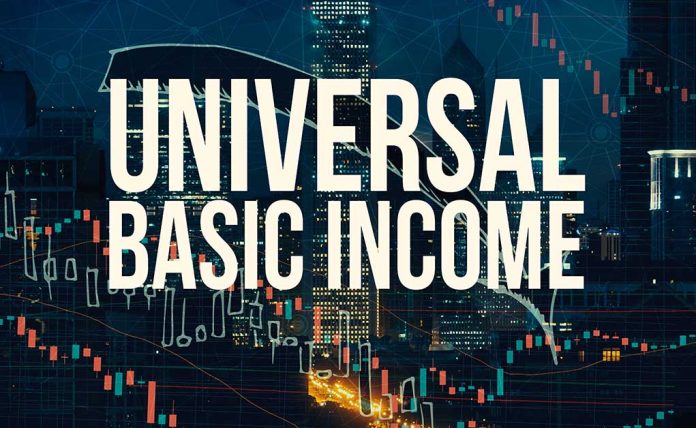
(NewsSpace.com) – Poverty is a real issue in the United States. In 2022, nearly 38 million people lived in poverty, according to the US Census, when considering only cash resources. Add in those who receive and get by on governmental benefits, and that figure rose to more than 40 million. There have been various discussions on how to resolve poverty and homelessness, and one of the suggested ways that has come up time and again is to provide a monthly payment. A recent study, however, proved that this may not be the best solution.
The National Bureau of Economic Research recently carried out a study involving 3,000 participants. One-third of them were randomly selected to receive $1,000 per month, while the other 2,000 received $50 per month. What the results found was a bit surprising.
Those who received the $1,000 per month did not end up doing better financially. In fact, it “caused total individual income to fall by about $1,500/year relative to the control group.” The study found that those who received the money participated less in the labor market, by about 2%. Additionally, there was a decline in work hours, from 1.3 to 1.4 hours per week, as the participants’ partners decreased their workload.
Instead of working, searching for a job, or trying to improve their education, the recipients donated their extra time to recreation and traveling. The bureau also found that there was “no impact on quality of employment,” not “even small improvements.” The results found that there were “no significant effects on investments in human capital,” but noted that “younger participants may pursue more formal education.”
Based on these findings, it’s possible that Universal Basic Income programs may not work as they’re intended. The specific findings saw household income fall by at least 21 cents per dollar it received. Total individual income also fell, but by a margin of 12 cents per dollar.
Copyright 2024, NewsSpace.com










